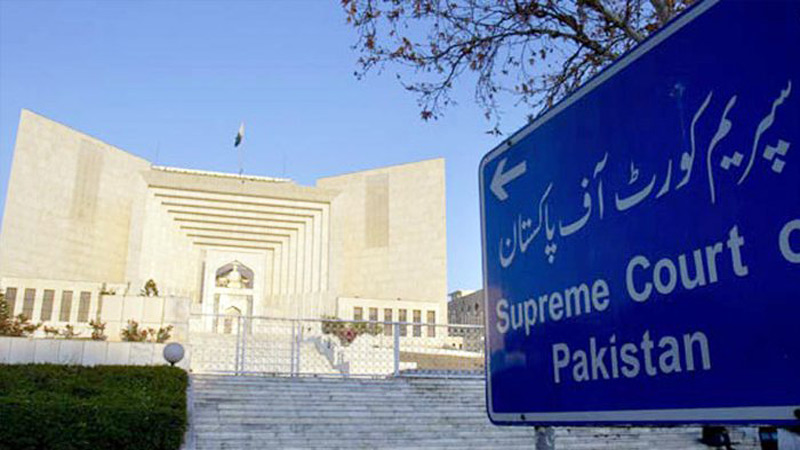
A three-member bench of the top court, led by Justice Shaikh Azmat Saeed, heard the case.
During the hearing, the deputy attorney general informed the court that Dr Aafia meets Pakistan’s consular after every three months. Justice Saeed also directed the deputy attorney general to review the case and find out if there was a possibility that she could complete her jail term in Pakistan. “A breakthrough is likely in Dr Aafia’s matter by highlighting her case with other Pakistani prisoners,” he said. The apex court, however, later adjourned the case for an indefinite period.
On February 3, 2010, a US federal court in New York found Dr Aafia guilty of two counts of attempted murder, armed assault, using and carrying a firearm, and three counts of assault on US officers and employees. She was sentenced to 86 years in prison.
Her sister, Dr Fowzia Siddiqui, repeatedly urged the Pakistan Tehreek-e-Insaf (PTI) government to support Dr Aafia’s case.
Last year in November, Dr Fowzia called on Foreign Minister Shah Mahmood Qureshi in Islamabad, and the minister informed her about the government’s efforts regarding Dr Aafia’s release. Qureshi had also issued special instructions to Pakistan’s Consulate General in Huston regarding Dr Aafia’s matter.
Last month, Foreign Office Spokesperson Dr Mohammad Faisal said that steps to bring Dr Aafia back were underway and the matter of her return was continuously being raised with Washington.
He added that, with regards Dr Aafia and Shakeel Afridi, Pakistan’s stance was the same as before and there had been no change in it.
Dr Fowzia had said in April that “at one point it had seemed as if Aafia was going to come to Pakistan any moment”.
She said that she had been reassured by the government that negotiations with the US were ongoing and that “there will be a good news between January and March, but now silence has set in again”.
Dr Aafia Siddiqui was sentenced in 2010 after she was convicted of firing at US troops in Afghanistan while in their custody and other six charges against her.
Her lawyers had requested a sentence of 12 years, while prosecutors had pressed for a life sentence.
During the trial, she testified that she was simply trying to escape the room and was shot by someone who had seen her. She said she was concerned at the time about being transferred to a “secret” prison.













